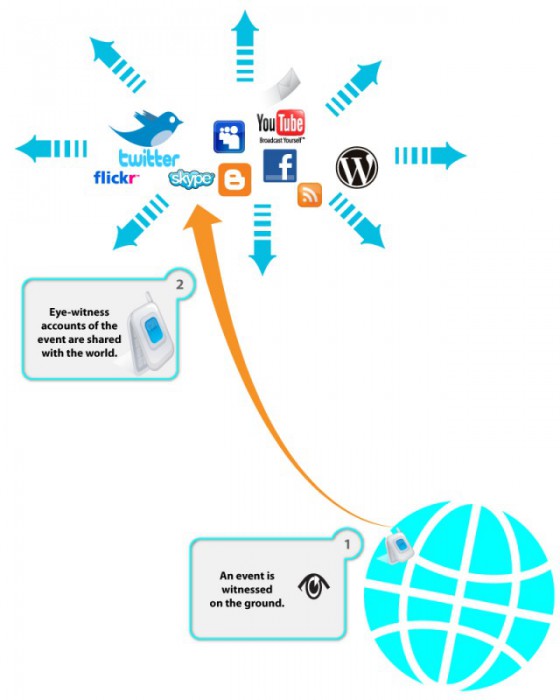
I’m in the middle of two books now — one finished and ready for the fifth round of editing; and one that requires me to finally write an ending. Endings are hard… even when you know how things are going to end. But here’s a few insights from the book I’m finishing right now: God of Small Affairs. (No it’s not the first title I came up with… not even the tenth. Names are hard.) The Beginning I’ve started this particular story thinking it was just a short story, 5000 words max. By the time I got to about 17,000, I knew it was a book. But that was a surprise. This is not a first time a book surprised me into making me write it. The FATOFF Conspiracy was originally a short story too… and Twin Time. Short stories are very different from novel-length works. From the structure point of view, there are fewer characters, no subplots, and a lot less description of the setting and the characters populating the story. A short story simply doesn’t have room for world building… obviously. You grab the story with the first few words and don’t let go or digress for a…

